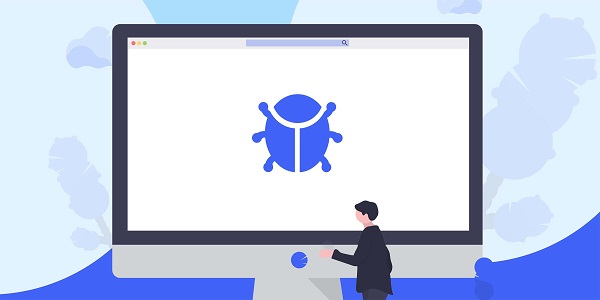Download for your Windows

Why do you need a web proxy?
A proxy is an intermediate server between the user and the target server. It forwards requests and responses to achieve anonymous access, content filtering, or accelerate data transmission. In scenarios such as data collection, privacy protection, and bypassing regional restrictions, proxies can hide the user's real IP address to avoid being tracked or blocked by the target website. For example, IP2world's dynamic residential proxy can simulate the geographic location of real users and is suitable for automated tasks that require high-frequency IP switching.
What are the different types of proxy IPs?
According to technical principles and uses, proxy IPs are mainly divided into four categories:
Residential proxy : IP is assigned through real home network devices, which is highly anonymous and suitable for social media management or price monitoring;
Data center proxy : generated by server clusters, fast and low cost, often used for large-scale data crawling;
ISP proxy: directly assigned by the Internet service provider, it has both the authenticity of residential proxy and the stability of data center proxy;
Mobile proxy: Based on cellular networks, suitable for application authentication that requires mobile device identification.
How to evaluate the reliability of proxy services?
High-quality agency services must meet three standards:
High anonymity : completely hide the user's original IP and proxy usage traces to prevent being identified by the target server;
Low latency: Ensure request response speed by optimizing global node distribution and bandwidth resources;
Compliance management: Provides functions such as IP rotation frequency control and concurrent connection limit to avoid abuse risks. Taking IP2world as an example, its exclusive data center proxy supports customized whitelists, which can accurately match enterprise-level security needs.
What are the practical applications of proxys in data collection?
In the scenario of automated data crawling, proxy technology can break through the limitations of anti-crawler mechanisms:
Distribute the request sources by rotating IP pools, reducing the probability of the same IP triggering frequent bans;
Simulate multi-region access behaviors and obtain geographically differentiated content (such as localized pricing information);
Combined with request header camouflage and cookie management, the anthropomorphic features of the crawler program are further enhanced.
What parameters should I pay attention to when choosing a proxy service?
Users need to weigh the following parameters based on their business needs:
IP purity : Check whether the proxy IP has been abused or blacklisted;
Protocol compatibility : supports HTTP(S)/SOCKS5 and other protocols to adapt to different tool chains;
API integration: Provides automated IP extraction and status monitoring interfaces to simplify operations and maintenance;
Cost structure: Pay-as-you-go or subscription-based billing should be flexibly selected based on the task cycle.
As a professional proxy IP service provider, IP2world provides a variety of high-quality proxy IP products, including unlimited servers, static ISP proxies, exclusive data center proxies, S5 proxies and dynamic residential proxies, suitable for a variety of application scenarios. If you are looking for a reliable proxy IP service, welcome to visit the IP2world official website for more details.